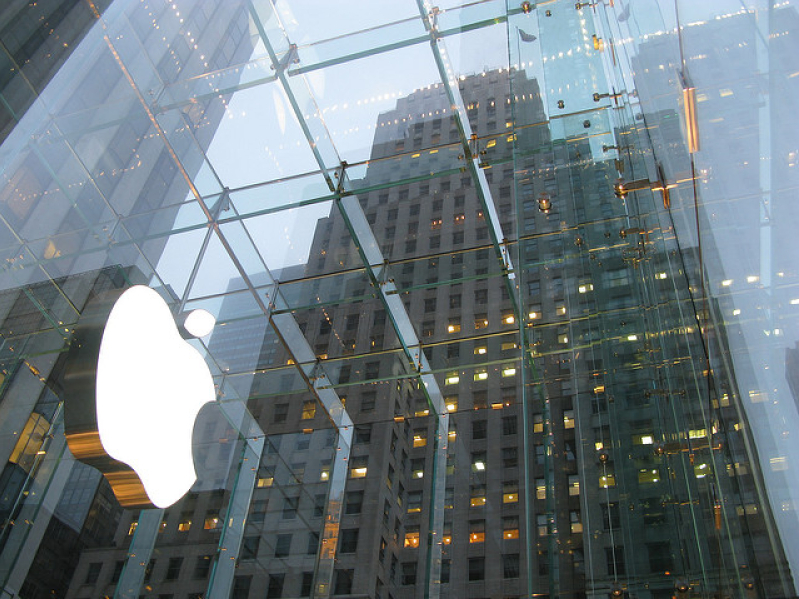
Apple has been tight-lipped on whether it is actually working on self-driving technology or not. This is amidst speculations and reports that the tech giant is venturing into the automotive industry. Just recently, in a move to appeal to safety regulators, Apple has sent a letter to the US National Highway Traffic Safety Administration (NHTSA). The content of the letter seemed to confirm the interest of the company in the further development of self-driving technology.
Apple mirrors the sentiments of other automakers for NHTSA not to impose too many restrictions on testing self-driving cars. In fact, the tech giant made its case in a letter by Apple's Director of Product Integrity Steve Kenner. He expressed Apple's excitement about automated systems in areas such as the transportation, according to Engadget. Kenner said, "The company is investing heavily in the study of machine learning and automation." Apple has confirmed this to Financial Times. Though it also mentioned that NHTSA's regulations should be fair for all "established manufacturers and new entrants". The latter one is where Apple falls into.
Back in October TechCrunch reported that Apple may be focused on developing autonomous driving technology than actually building a self-driving car. This is after sources revealed to Bloomberg that the company has dozens of software engineers in Canada who are working on a car operating system. This could suggest that Apple's strategy is to integrate this technology into self-driving cars that automakers like Tesla, Ford and Google are trying to achieve.
A car OS makes sense before Apple eventually moves towards hardware. It is like when the iOS made way for iPhone. With the growing demand for fully autonomous cars in the future, this is a good start for Apple as it expands its market.
Kenner also pointed out the significance of automated vehicles, citing reasons that it could "prevent millions of car crashes and thousands of fatalities each year". However, some analysts have predicted that the emergence of self-driving cars is at the cost of a lot of jobs that will be lost that include drivers of taxi and ride-hailing services like Uber and Lyft.
NHTSA is not lax on its proposed guidelines that involve automated cars. According to Reuters, the Obama administration has called on automakers to voluntarily submit details of their systems to regulators in a 15-point safety assessment back in September. Apple is not the only company concerned about the NHTSA's policies. After Donald Trump was elected as the next US President, an auto trade group has apparently urged his incoming administration to organize a "comprehensive regulatory review" of all regulations and actions since Sept. 1.






